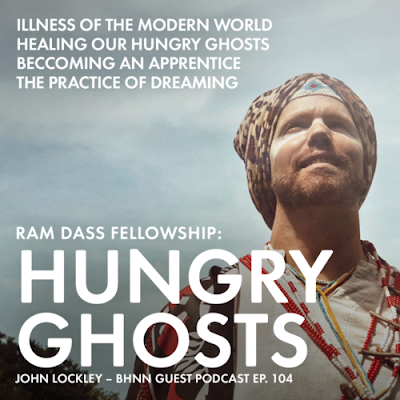If I can’t stop thinking, maybe I can just let my thoughts go by without getting all caught up in them. Feel the breeze on your face or your neck? See how it’s going by? You’re not all hung up with it. You don’t have to see where each breeze goes. You don’t have to look quickly to see if it hit those trees over there. It’s breezes, and they’re just going by. Make your thoughts like those breezes, those little breezes...just going by.
- Ram Dass -










